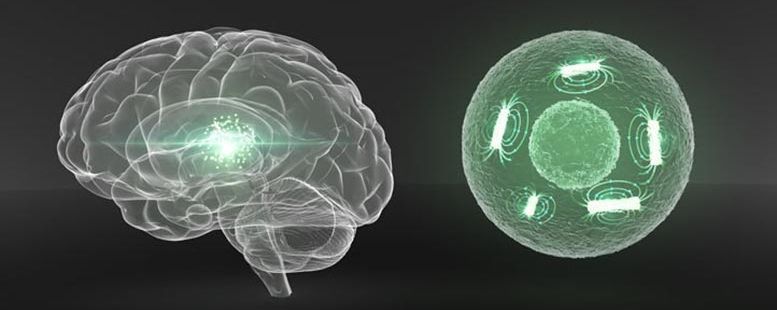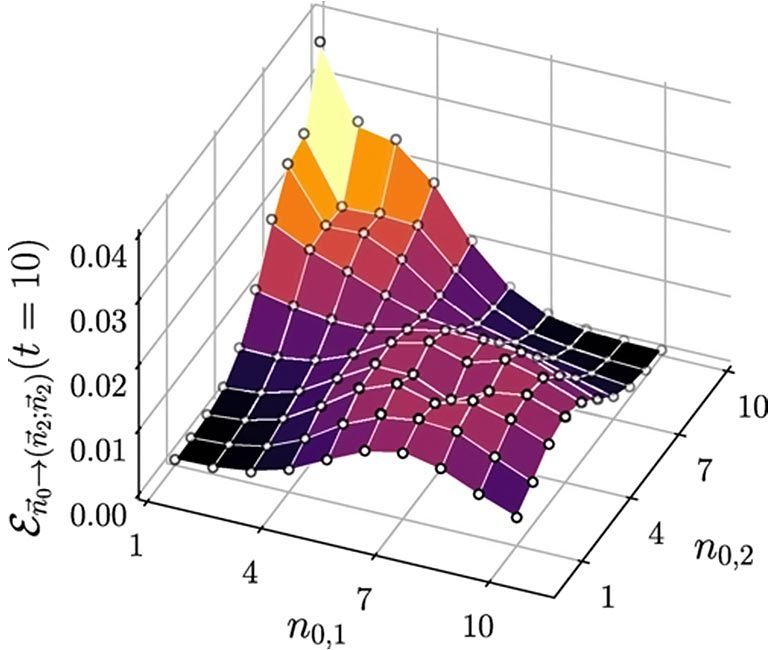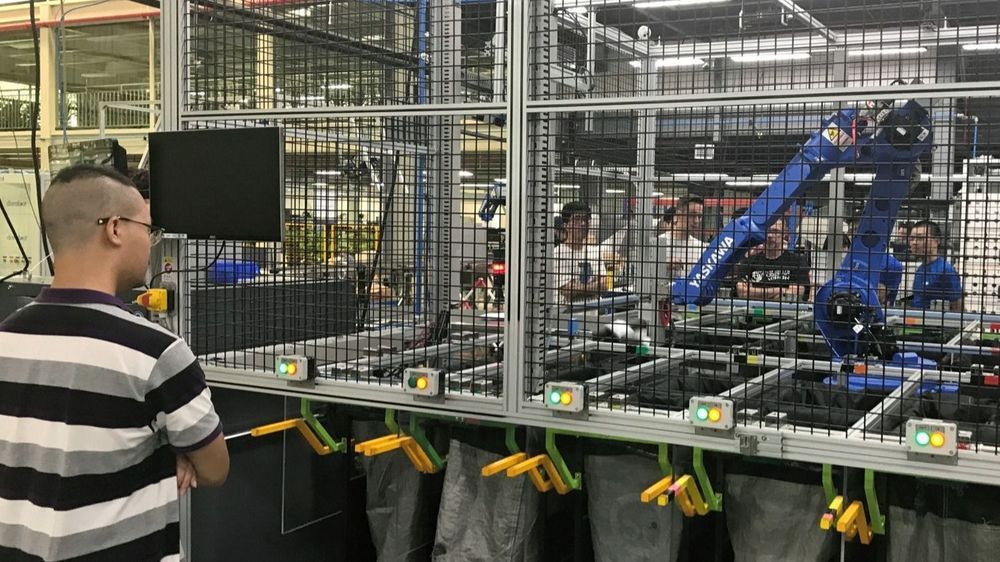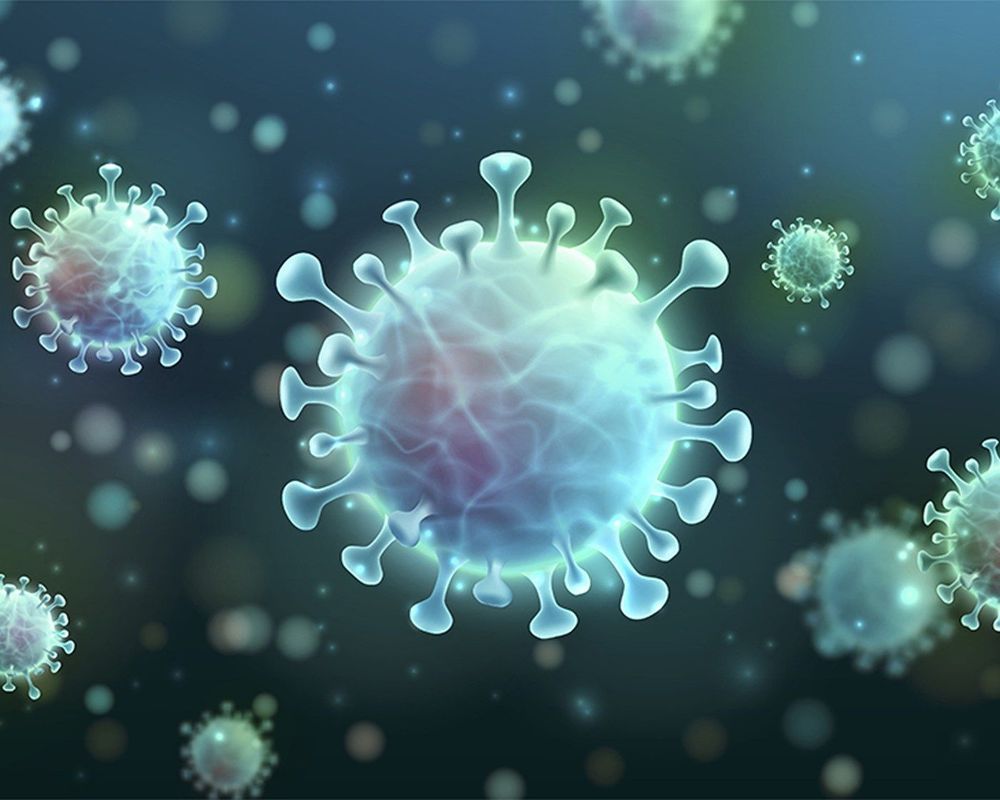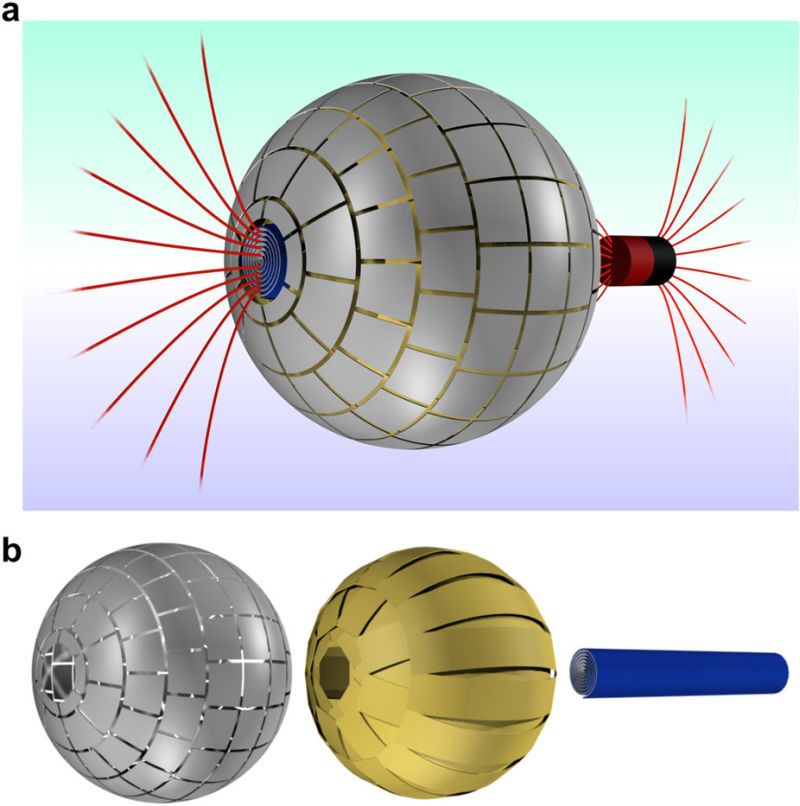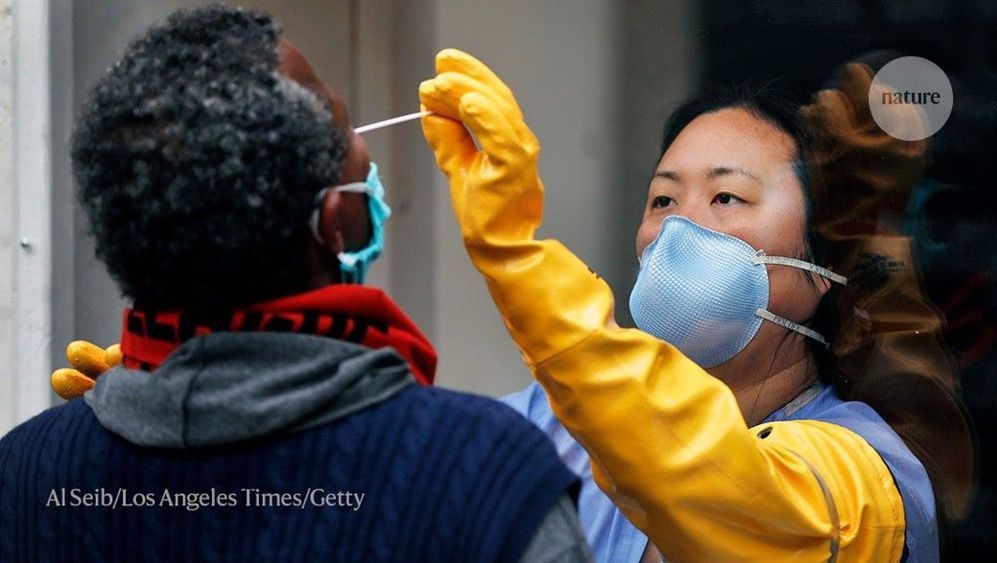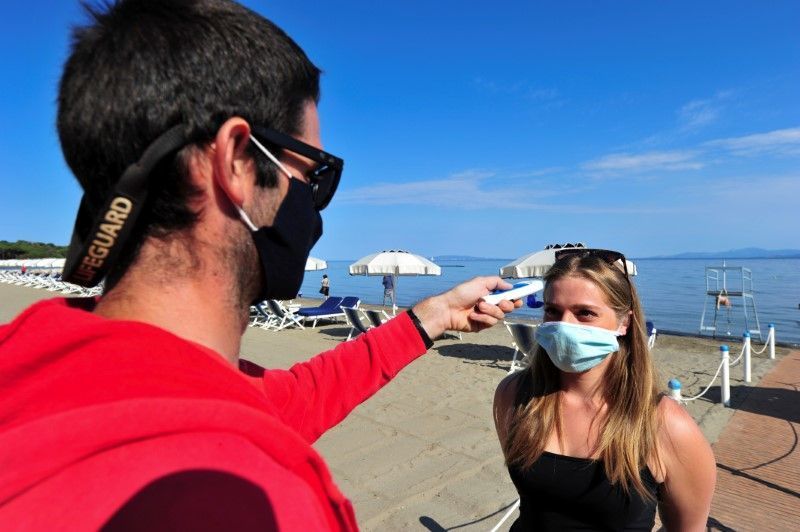Jun 1, 2020
Battling Parkinson’s disease
Posted by Lola Heavey in categories: biotech/medical, genetics, life extension, neuroscience
Who has heard of mitochondrial medicine?
“We know that increased rates of mtDNA mutation cause premature aging,” said Bruce Hay, Professor of biology and biological engineering at the California Institute of Technology. “This, coupled with the fact that mutant mtDNA accumulates in key tissues such as neurons and muscle that lose function as we age, suggests that if we could reduce the amount of mutant mtDNA, we could slow or reverse important aspects of aging.”
This brings us to the second major development relevant to mitochondria in disease — that genetic technology is now at a point where the targeted removal of the problem mitochondrial genes can become the basis for clinical intervention. This is the implication of research that Hay and colleagues both at Caltech and the University of California at Los Angeles described in a paper published in the journal Nature Communications.

